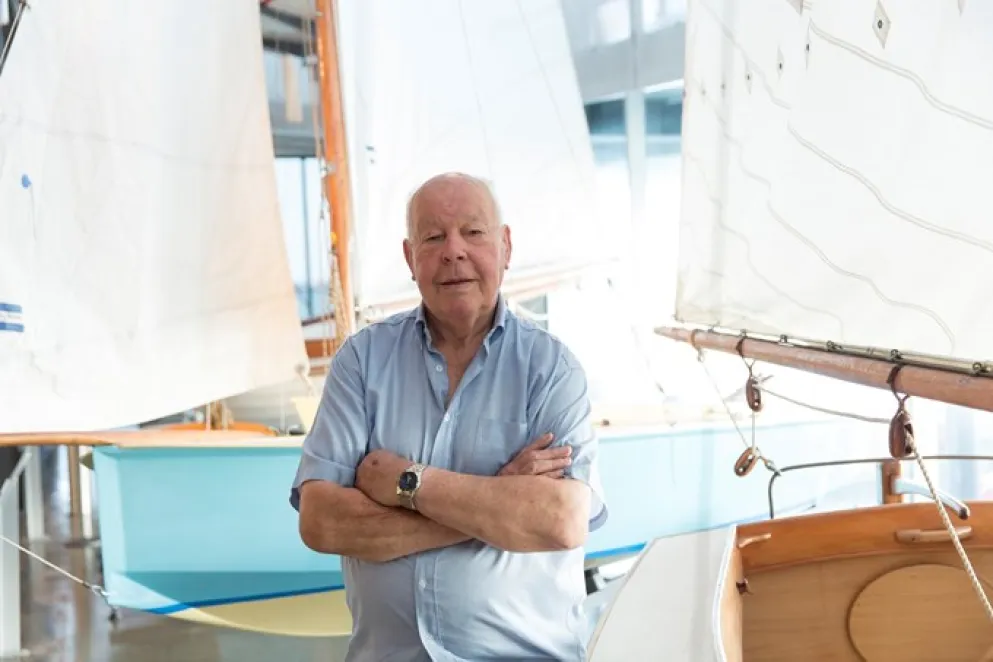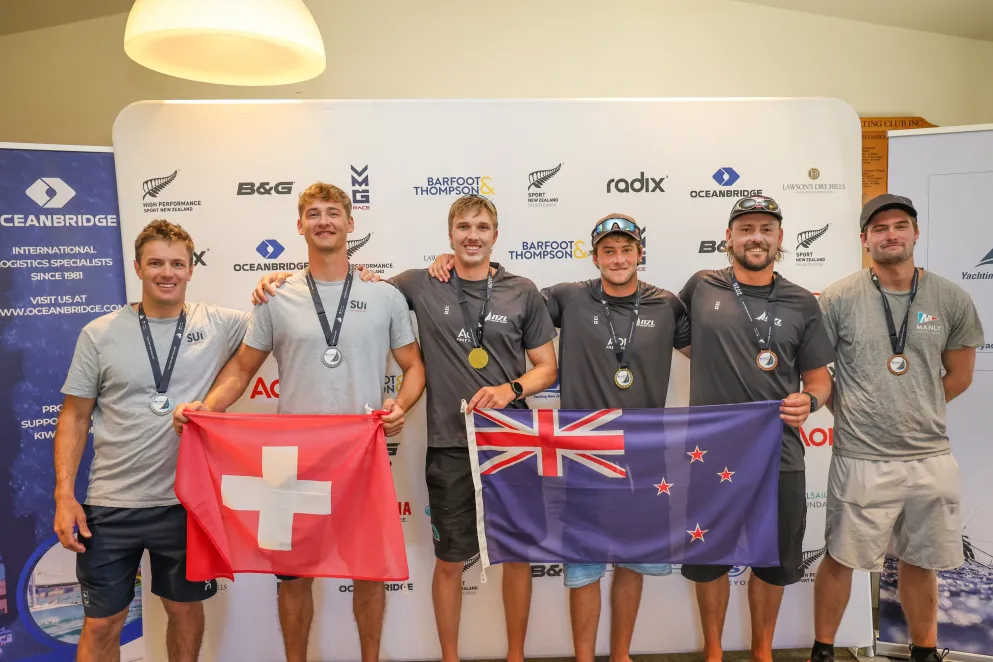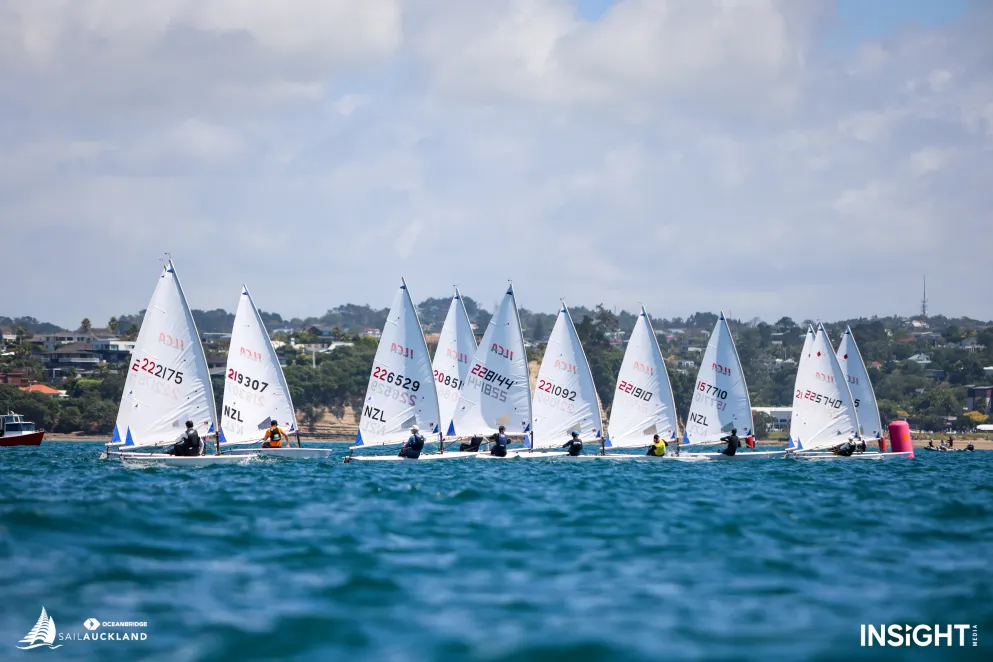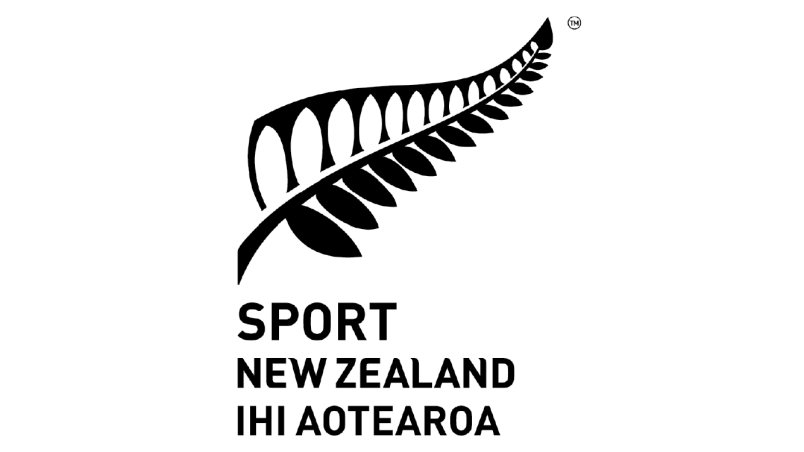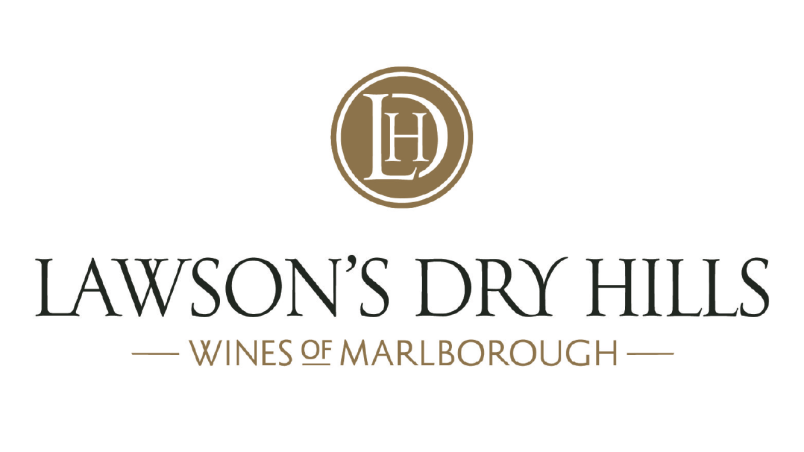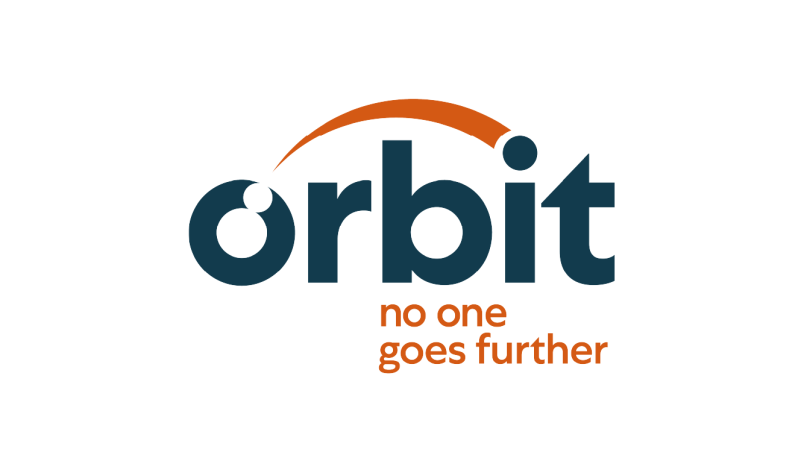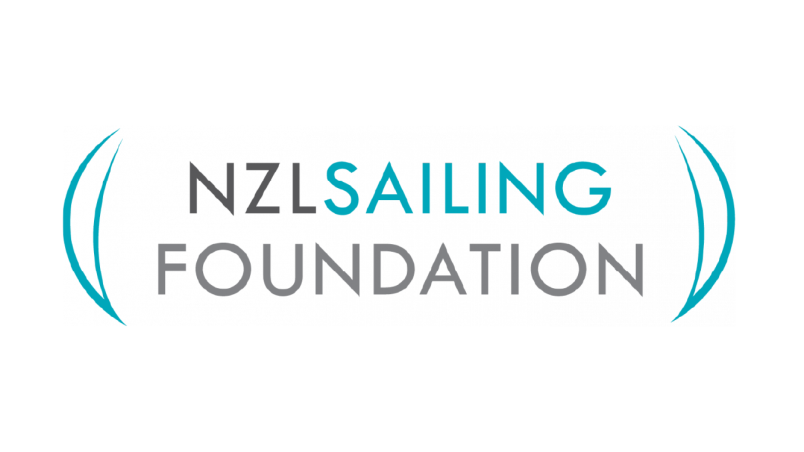Eight bells - John Street
In an industry and era full of larger-than-life figures, John Street was as big as they come.
The man behind the historic Fosters ship chandlery and one of the country’s most recognised maritime identities, Street died in December after a battle with ill health. He was 87.
Longtime friend and acclaimed broadcaster Peter Montgomery said Street would be remembered as a visionary, whose appreciation for New Zealand's maritime past and willingness to fight for its future has left an indelible mark.
"John's impact is just huge, far and wide in so many ways and he was an important part of the rise and rise of New Zealand sailing," Montgomery said.
Street began working at Fosters in 1959, supplying rope, deck winches, rigging, compasses and cleats to Kiwi sailing greats like Chris Bouzaid, Peter Blake, and Grant Dalton, and later took over the business from his father, Syd.
John Street's love for displaying historical objects in the store garnered international attention, Montgomery said.
"When you went into Fosters in those days, you'd think Robinson Crusoe was going to walk around there and John was very much keeping the heritage of New Zealand sailing. He kept that building and it's a historical site now."
Street served as the chairman of the Boating Industries Association and was a founding trustee of the New Zealand International Yachting Trust (now known as the NZL Sailing Foundation).
He established the New Zealand Maritime Museum and was also the founder and patron of the Classic Yacht Charitable Trust, taking a keen interest in the restoration of many yachts from yesteryear.
The vice-patron of the Auckland Anniversary Day Regatta committee, Street also introduced the famed Tug Boat race at the event and was a life member of both the Royal New Zealand Yacht Squadron (RNZYS) and Yachting New Zealand.
In 1996, he was made a Member of the New Zealand Order of Merit for services to yachting, and in 2004 he received the Sir Bernard Ferguson Yachtsman of the Year award.
According to Montgomery, Street was heavily involved in several historical campaigns - including Rainbow II's One Ton Cup in 1969, New Zealand's Sydney Hobart treble in 1971, as well as the Admiral's Cup and Whitbread Round the World Race with Ceramco.
He also played a leading part in the creation of Auckland's MRX fleet which is still used for national and international match racing today and had an unmatched passion for restoring and maintaining some of the country's most treasured classic yachts.
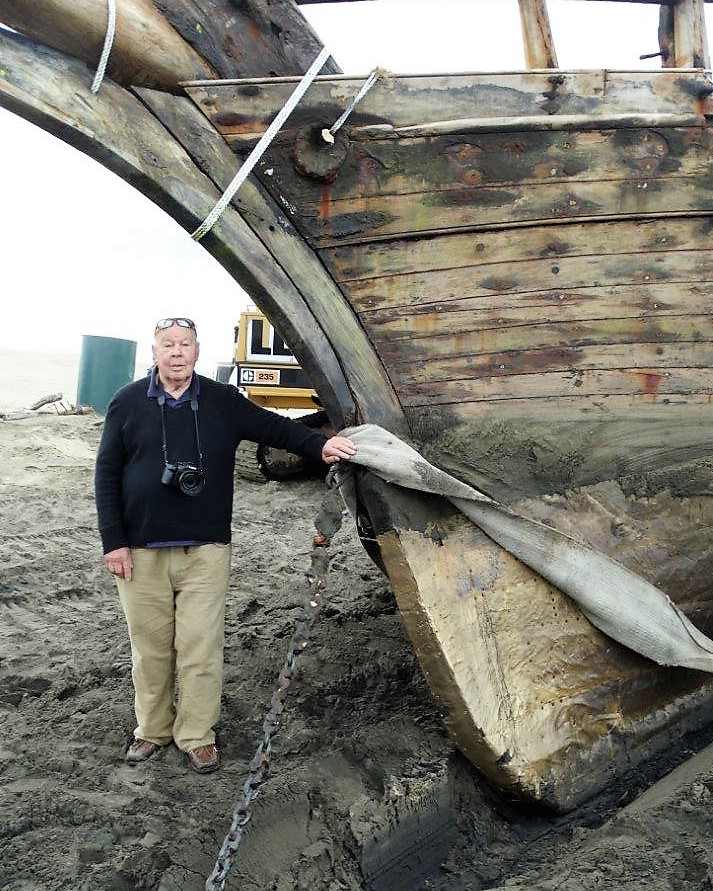
"He did an awful lot in terms of bringing back some incredible boats, like Thelma and Viking," Montgomery said.
"Thanks to him and a few others, Auckland has arguably the best homegrown collection of classic yachts in the world."
Street was best-known though for lobbying against Robert Muldoon's boat tax in 1979 - earning him the nickname Bulldog and endearing him to yachties and boaties from all walks of life.
Then the chairman of the Boating Industries Association, Street famously threatened to "punch the lights out" of the former Prime Minister who had introduced a 20 per cent tax on every new boat - something Street regarded as an attack on an industry already struggling to develop an export market.
"John was quite simply one of several larger-than-life sailing figures in those days and along with the likes of Sir Tom Clark and Trevor Geldard gave, in their different ways, a huge amount and had a huge impact on New Zealand sailing," Montgomery said.
"John was always trying to defend the rights of New Zealand sailors and sailing. To him, it was always about the bigger picture of the marine industry and the maritime industry."
A celebration of John Street's life will be held at the Royal New Zealand Yacht Squadron from 3pm on Sunday, February 18.
